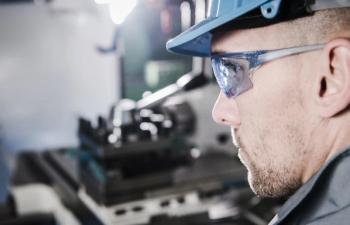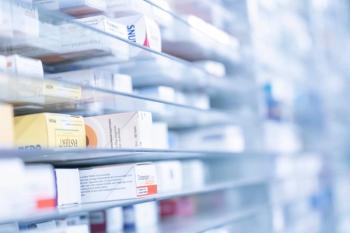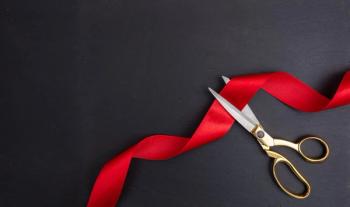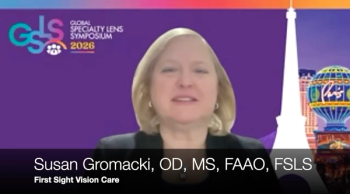
How you can go green in the optometry practice
A U.S. Senator from Wisconsin, Gaylord Nelson, founded Earth Day in 1970, and it has been celebrated annually since that time on April 22. In 1990, his efforts were revamped to include recycling efforts. This got me thinking-how am I addressing this in my office now, and what can I do better?
The views expressed here belong to the author. They do not necessarily represent the views of Optometry Times or UBM Medica.
Learning facts about history has been much easier for me as an adult than when I was in grade school. My first-grade daughter is teaching me so much about history. This week’s book was about Earth Day.
This got me thinking-how am I addressing this in my office now, and what can I do better?
Go paperless
Healthcare reform and the move to electronic medical records is helping medicine to use less paper than ever. Some offices, like that of Carol Nason, OD, of West Palm Beach, FL, have been successful going 100 percent paperless. How?
She has implemented the use of laminated forms and dry erase markers for patients to use at check in for HIPPA consents and health surveys. Then, just like paper, the laminate forms are scanned into patient charts, cleaned off, and reused for the next patient- brilliant!
More from Dr. O’Dell:
The never-ending pile of junk mail, it
Postcard reminders can add to this waste. Ask patients to enroll in email or text recalls for appointment reminders. Look into reducing the amount of junk mail your practice receives using the following websites:
Email correspondence is yet another way to reduce paper in the office; email patient letters to providers in place of faxing or mailing.
Efficient technology
Paul Collins, OD, of Newburgh, NY, uses low-energy devices in his practice with LED lighting as well as LED TV and computers. LED lighting uses at least
Increase efficiency of heating and cooling the office space by installing high-efficiency HVAC and a programmable thermostat that can be set to run during office hours and to shut off with the close of the office daily.
Green is the new black
When cleaning green with newer products like
Consider adding a water cooler for you and your employees to reduce the amount of water bottles consumed in your practice. If plastic bottles and soda cans happen to find their way in, be sure to recycle. And what about the craze for the single-serve coffee K-cup-these create a lot of waste but can easily be recycled. Check out
Related:
Eyewear is a great place to go green! Harbor EyeCare Center promotes a great brand with Modo Eyeware.
Repurpose
Tanya Gill, OD, from Oakland Vision Center in Oakland, CA, takes repurposing to a new level. In her practice, staffers reuse boxes for patient shipment or other shipping. Her practice is located near a great resource for teachers called
Recycle
Magazines help to entertain patient in the waiting room and also are used by providers to stay current with eyecare trends and treatments. Most local recycling plants cannot recycle these glossy pages. In Pennsylvania, The Ronald McDonald House offers a recycling program for all glossy print. It also recycles the metal tabs from soda and other cans. Place a jar in your waiting room and watch it get filled.
Recycle eyewear by supporting the local Lions Club. Advertise to your patients about how to recycle their old glasses.
Contact lens cases-like yogurt containers and plastic caps-are made from plastic number 5, which is not routinely recycled.
Green patient care
Reducing waste for patient care can be done as well. Start with your contact lens patient. Switching to daily disposables not only provides optimum comfort and compliance but also reduces the waste that extended wear contact lenses create with cleaning systems, solution, and storage cases.
Sanitizing is a must; by using a system such as Bruder’s sanitizing system you can sanitize instruments and reduce the number of alcohol wipes used everyday without sacrificing cleanliness or sterility for your patients.
Dissolvable punctal plugs are another options to reduce waste for your dry eye patients.
Linking diagnostic equipment to your server so it can be view directly in the patient chart is a great way to reduce paper, especially with visual fields and OCT printouts.
This Earth Day, I encourage you to focus on 2020, the 50th anniversary of Earth Day, by going green in your practice.
Newsletter
Want more insights like this? Subscribe to Optometry Times and get clinical pearls and practice tips delivered straight to your inbox.















































